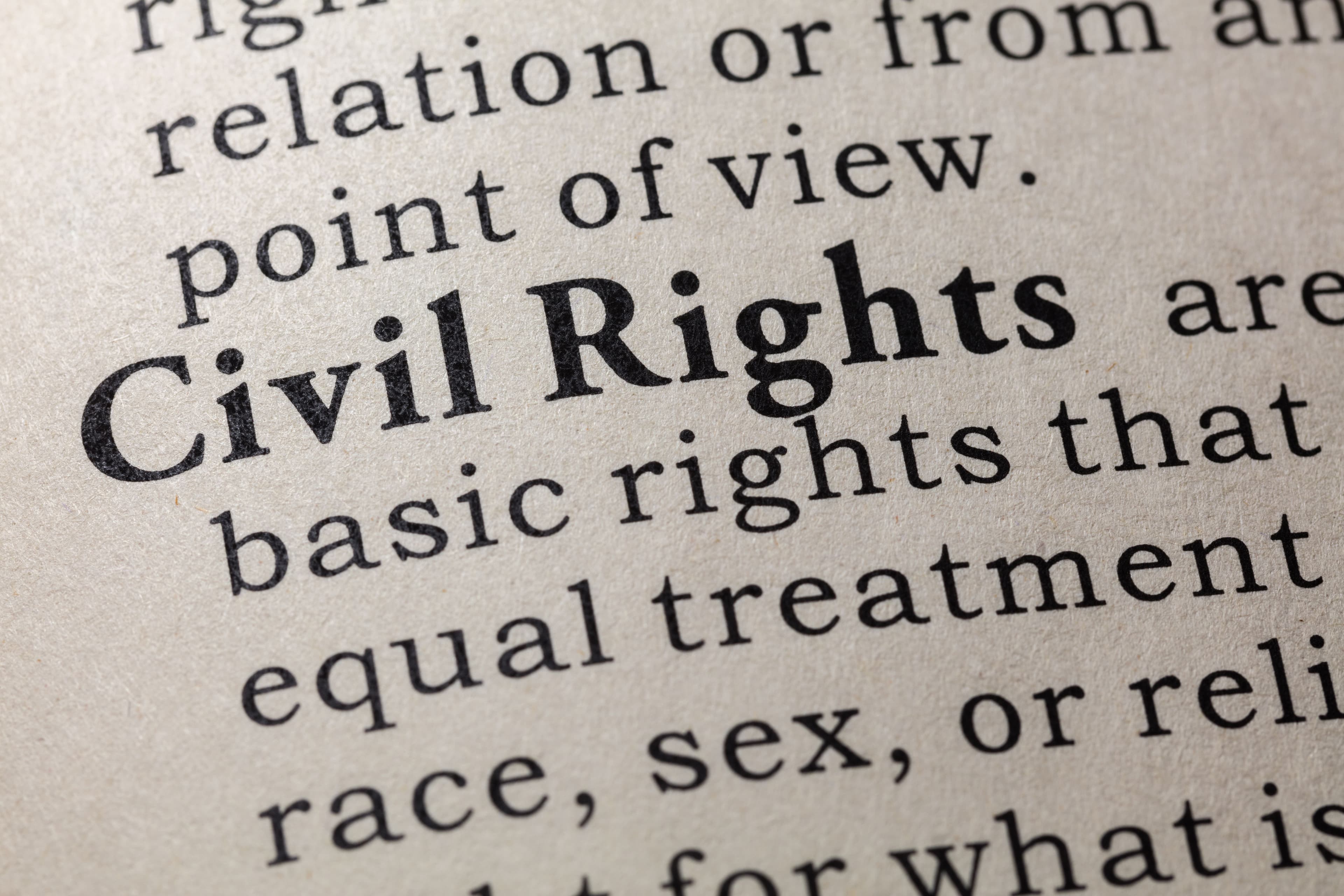Navigating Civil Rights Violations: Your Legal Options Explained
This in-depth guide explains civil rights violations in California—including discrimination, unlawful arrests, and police misconduct. Learn about your legal rights, potential remedies, and why working with an experienced civil rights attorney can make all the difference.

When your civil rights are violated, it can feel like you have nowhere to turn. Whether you’ve experienced discrimination, an unlawful arrest, or police misconduct, understanding your legal options is the first step toward seeking justice. In California, state and federal laws protect individuals from abuses of power and ensure that everyone is treated fairly under the law. Here’s what you need to know about civil rights violations and how to respond if your rights have been infringed.
What Are Civil Rights Violations?
Civil rights violations occur when someone is denied the rights guaranteed by the Constitution or federal and state laws. Common examples include:
- Discrimination: Unequal treatment based on race, color, national origin, gender, religion, disability, or sexual orientation in employment, housing, education, or public accommodations.
- Unlawful Arrests: Being taken into custody without probable cause or due process.
- Police Misconduct: Excessive force, false imprisonment, racial profiling, or abuse of power by law enforcement officers.
- Retaliation: Facing negative consequences after asserting your rights or reporting misconduct.
Common Signs You May Have a Civil Rights Case
If you believe your rights have been violated, look for these signs:
- You were singled out or treated differently because of a protected characteristic.
- Law enforcement used excessive or unnecessary force.
- You were detained or arrested without a valid legal reason.
- You faced retaliation for reporting illegal or unethical behavior.
Steps to Take After a Civil Rights Violation
- Document Everything: Write down exactly what happened, when, and who was involved. Save emails, take photos of injuries, and gather witness statements if possible.
- File a Complaint: Depending on the violation, you may need to file a complaint with your employer, school, or a government agency such as the Equal Employment Opportunity Commission (EEOC) or California Department of Fair Employment and Housing (DFEH).
- Seek Medical Attention: If you suffered injuries, get medical care and keep all records.
- Consult a Civil Rights Attorney: An experienced attorney can help you understand your options, gather evidence, and represent you in negotiations or court.

Legal Remedies for Civil Rights Violations
Victims of civil rights violations may be entitled to:
- Compensatory Damages: To cover medical bills, lost wages, emotional distress, and other losses.
- Punitive Damages: In cases of particularly egregious misconduct, courts may award extra damages to punish the wrongdoer.
- Injunctive Relief: Courts can order an end to discriminatory practices or require organizations to change their policies.
- Attorney’s Fees: Successful plaintiffs may have their legal fees paid by the defendant.
Why an Attorney Matters in Civil Rights Cases
Civil rights cases are complex, and government entities often have significant resources to defend themselves. A knowledgeable civil rights lawyer can:
- Evaluate your case and explain your rights.
- Gather crucial evidence and witness testimony.
- Negotiate settlements or represent you in court.
- Protect you from retaliation during and after your case.
Many civil rights attorneys work on a contingency basis, meaning you pay nothing unless you win.
How The Christian Contreras Firm Can Help
At The Christian Contreras Firm, we are dedicated to protecting your rights and holding wrongdoers accountable. Our experienced legal team has a proven track record of handling civil rights cases involving discrimination, police brutality, and other abuses of power. We’re committed to guiding you through every step of the process and fighting for the justice you deserve.
Frequently Asked Questions
How long do I have to file a civil rights claim in California?
Civil rights cases have strict deadlines, known as statutes of limitations. Depending on the case, you may have as little as six months to file a government claim, so it’s crucial to act quickly.
Can I sue a police officer personally?
In some situations, yes. While police officers have certain immunities, you may still be able to file a lawsuit if your rights were clearly violated.
What if I’m undocumented?
Everyone has civil rights, regardless of immigration status. Do not let fear prevent you from seeking justice.
Take the Next Step Toward Justice
If you believe your civil rights have been violated in California, don’t wait to seek help. Document what happened and contact a trusted civil rights attorney as soon as possible. The Christian Contreras Firm is here to help you navigate your options and fight for the justice you deserve.
Mais de $150 Milhões em Compensação para Clientes